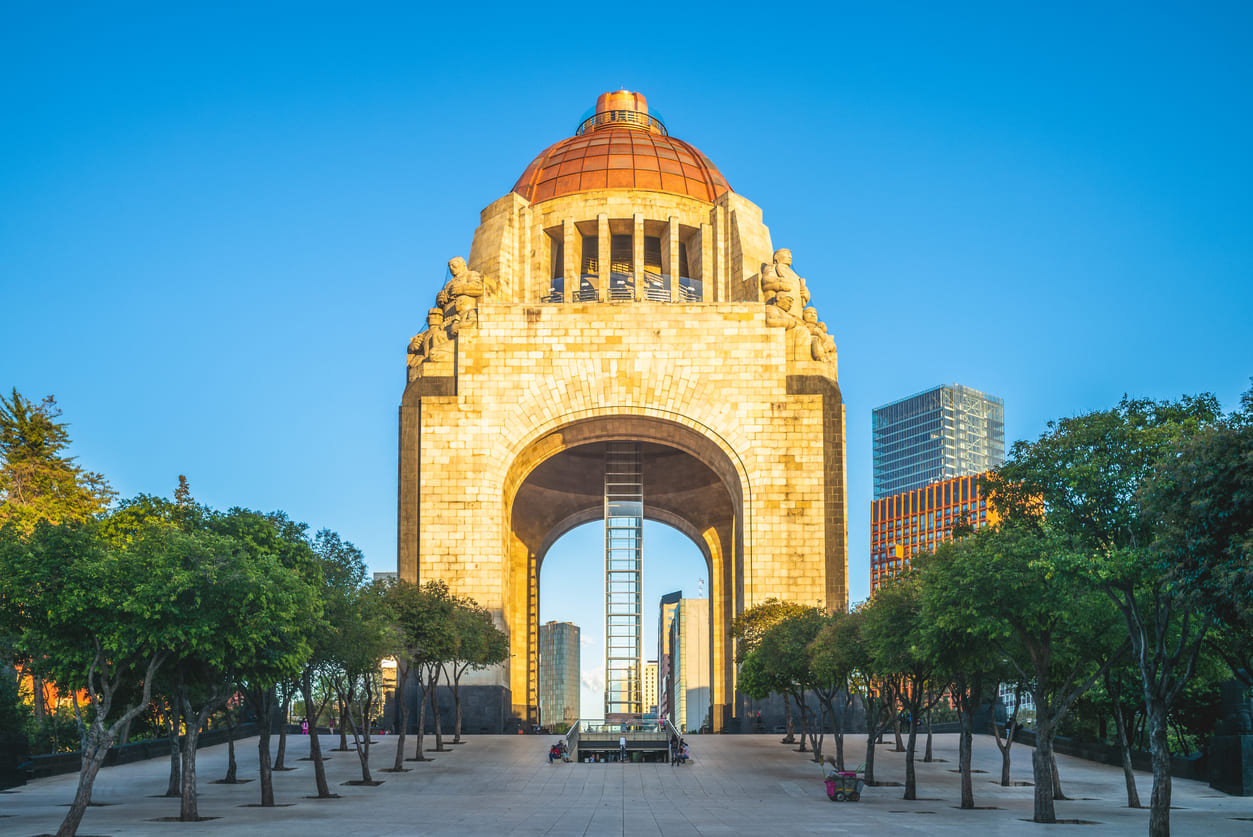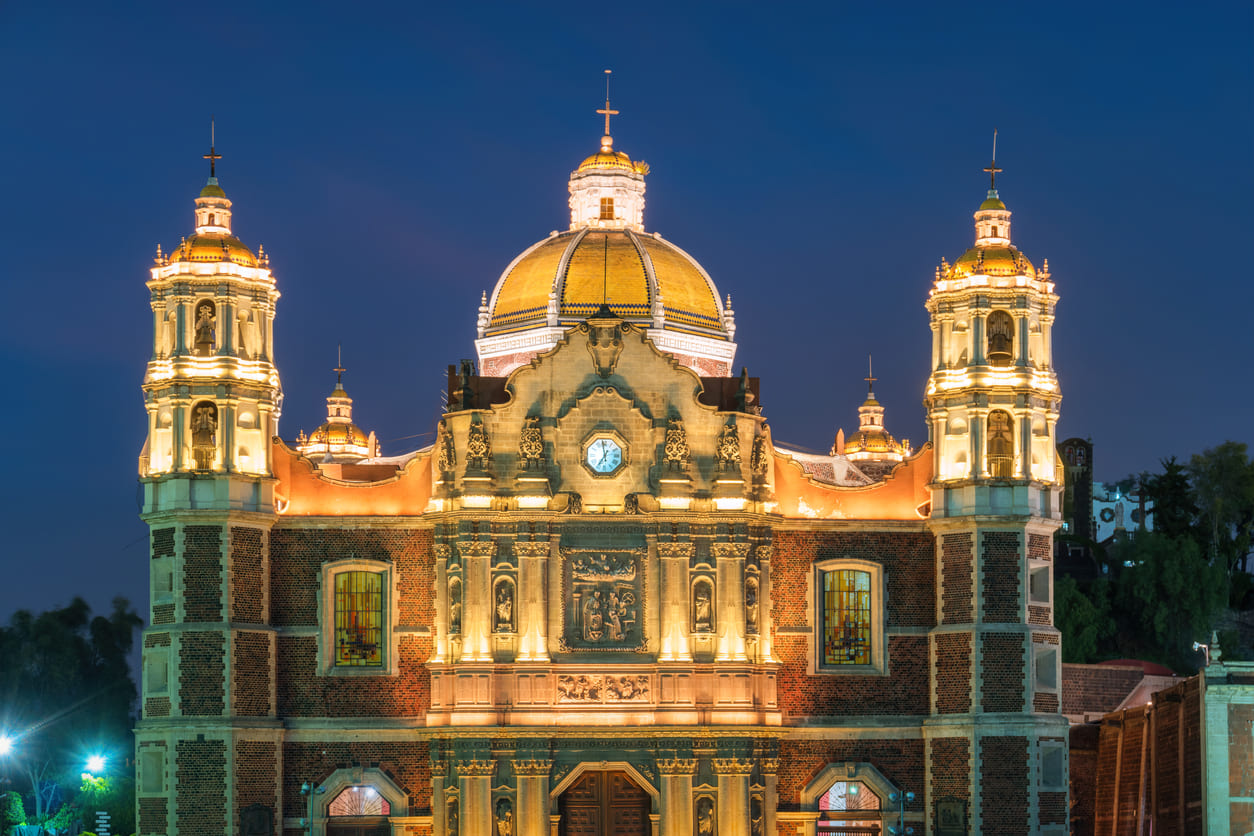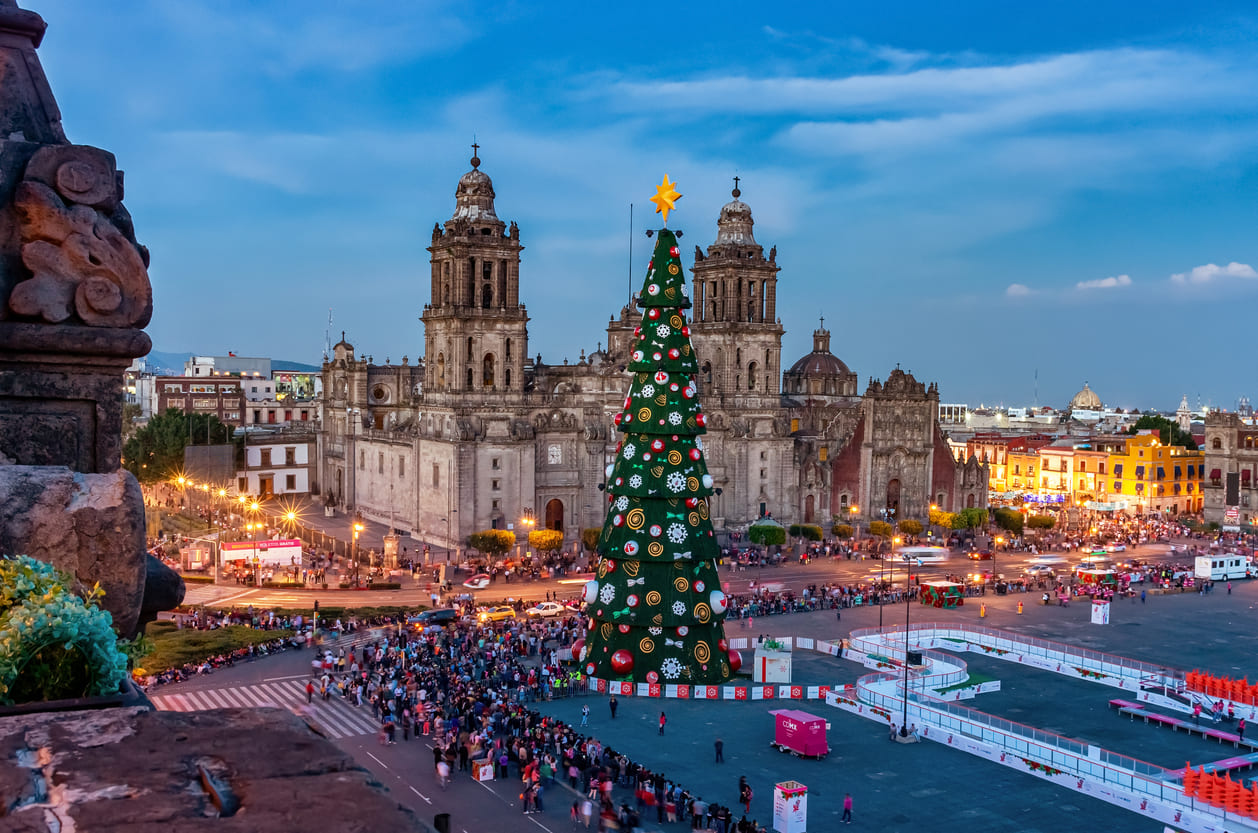Dates of Halloween in Mexico
| 2026 | Oct 31 |
| 2025 | Oct 31 |
| 2024 | Oct 31 |
Mexico Holiday Calendars
Halloween is celebrated on October 31, mostly by children who dress up in costumes and go trick-or-treating. While not a traditional Mexican holiday, it has become popular in some urban areas alongside the more deeply rooted Día de Muertos celebrations.
Halloween: A Public Holiday?
Halloween is not a public holiday in Mexico, but it is informally celebrated in some areas, mainly by children through costumes, parties, and trick-or-treating.

Halloween
Halloween, celebrated on October 31, is not originally a Mexican tradition. It comes from ancient Celtic festivals and later Christian customs in Europe. The modern version of Halloween, with costumes and trick-or-treating, became popular in the United States and eventually spread to other countries, including Mexico, through media, movies, and global culture.
Halloween began appearing more in urban areas in Mexico in the late 20th century. It is now commonly celebrated by children and young people, especially in cities and schools. Although it is not part of traditional Mexican customs, it often blends with Día de Muertos, which begins right after on November 1 and 2. Some families may celebrate both, while others focus only on Día de Muertos. Halloween is not a public holiday, but its popularity continues to grow, especially among younger generations.
Observance of Halloween in Mexico
Halloween in Mexico is mostly celebrated by children and teenagers, especially in cities and suburban areas. On the evening of October 31, many children dress up in costumes, ranging from classic monsters to superheroes or popular characters. They go door to door saying "¡Queremos Halloween!" (We want Halloween!) or "¿Me da mi calaverita?" (Can you give me my little skull?) to ask for candy, similar to trick-or-treating. Some schools organize costume contests or small Halloween parties. It is a fun time for creativity and play.
Shops and malls may also decorate for Halloween with pumpkins, skeletons, and spooky themes. Costume shops and candy stores do well during this time. In some neighborhoods, people decorate their homes and hand out sweets to children. However, Halloween is still seen by many as a modern, foreign tradition. In rural areas and among traditional families, it may not be celebrated at all, as the focus is more on Día de Muertos.
Despite its foreign origins, Halloween has become a light-hearted celebration that many children look forward to. It allows them to dress up, play with friends, and enjoy candy. For some families, it is simply a fun evening before the more meaningful and traditional Día de Muertos begins. Halloween does not have deep cultural or spiritual meaning in Mexico, but it adds a playful element to the season. Over time, it has become more common, especially among the younger generation, blending global customs with local traditions in a way that reflects modern Mexican culture. While not as significant as Día de Muertos, Halloween continues to grow as a celebration of fun, imagination, and community.
Halloween Observances
| Year | Date | Weekday | Name | Holiday Type |
|---|---|---|---|---|
| 2024 | Oct 31 | Thu | Halloween | Observance |
| 2025 | Oct 31 | Fri | Halloween | Observance |
| 2026 | Oct 31 | Sat | Halloween | Observance |
| 2027 | Oct 31 | Sun | Halloween | Observance |
| 2028 | Oct 31 | Tue | Halloween | Observance |



